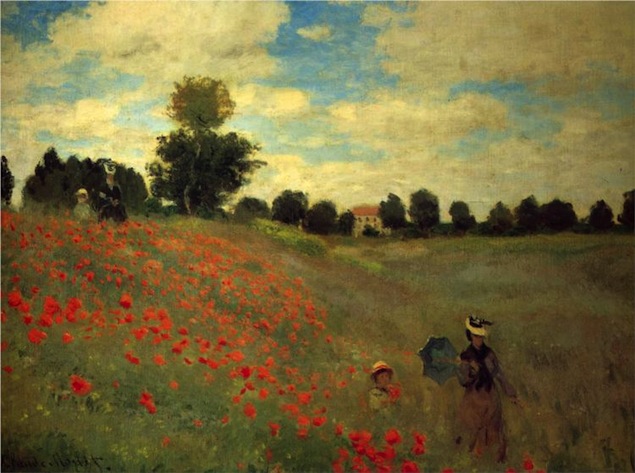
With the pandemic, the current and coming fires in California, national and state politics, crime statistics and collapsing buildings, I tend to walk (not run) into each morning’s news and my to-do list. But I must admit – the weather DOES make a difference. Maybe because life IS so complicated, when I find myself in the middle of a beautiful summer day… lately I SEE it.
I notice. I stop. I look. This has been going on for a couple of weeks so I found the School of Life essay below interesting.
Evidently I am not alone.
On Sunshine
Imagine a sunny day, one in which many people, on walking out of the house for the first time, will note a particular brightness to the light, and a balminess to the air, which may trigger a surge of hope and a willingness to look at familiar problems with renewed determination.
The pleasure that can be triggered by good weather is, at one level, absurd. Gratitude for the sun belongs to a category of satisfaction that feels humiliatingly simple. It’s tempting to deny the significance of the weather altogether – especially for philosophers – and to focus instead on more substantial political and economic issues, by which the course of our lives is overwhelmingly determined. We should surely be able to rise above minor frustrations like eleven days of rain and a persistent glacial wind from the north.
But in reality, our behaviour reveals a devotion to a simple, even simplistic, truth: our faith in ourselves and our prospects is frequently determined by nothing grander than the number of photons of light in the sky and degrees of warmth in the air. Heat, pleasant breezes, intense sunlight and fresh flowers may play a critical role in encouraging us not to give up on things.
Being told that one’s view of life is – at a given moment – not the product of economic or moral conditions but of a lack of light (or indigestion or exhaustion) is from a certain angle intensely demeaning. There is an impulse to believe that our woes must be of a more weighty kind. Yet the truth is more subtle: to be happy, it seems we require some extremely large things (money, employment, freedom, love), but we also rely on a raft of peculiarly small things too. Babies know this second part of the equation very well, which is why it should never be an insult for someone to point out just how much we continue to have in common with these creatures.
Doubts about feeling pleased at a blue sky are ultimately a consequence of accidental snobbery. We may look down on a sunny scene which, if it were presented to us in a museum, we would take extremely seriously. If we went on a special trip to the Musee d’Orsay in Paris to see Monet’s paintings, we would hardly think we were doing something low-brow. Yet when we look at his beautiful Wild Poppies, near Argenteuil we are – in many respects – experiencing much the same thing as when we appreciate a spring scene on our way to work.

It’s just that when a frame is put around an emotion, we are much more generous to it (and to ourselves) and appreciative of what it has to offer. Monet was a great artist in part because he knew how to draw our attention, and lend dignity to minor natural phenomena in danger of being overlooked in a heedless technocratic world.
If joy at fine weather is worrying to people of taste and intellectual sophistication, it is because of a fear that paying attention to pretty skies will mean one forgets the actual conditions of life: war, disease, poverty and political evil. But for most of us, the greatest risk we face is not in fact complacency; few of us are likely to be able to forget the human chaos for any length of time. Indeed, the real risk is not sentimental naivety; it is that we are going to fall into fury, despair and unshakeable depression.
It is this eventuality that a sunny day is well suited to correct. Flowers in spring, blue skies, children running in the park… these are crucial symbols of hope. Scenes where no one is dying or suffering, where the air is warm, where there is an absence of sickness and in which everyday, quiet, ordinary contentment is glimpsed… this is anything but banal. Given the facts of life, cheerfulness is a phenomenal achievement – and the sunny days that occasionally lie behind it are bearers of their own particular and highly significant wisdom.






























